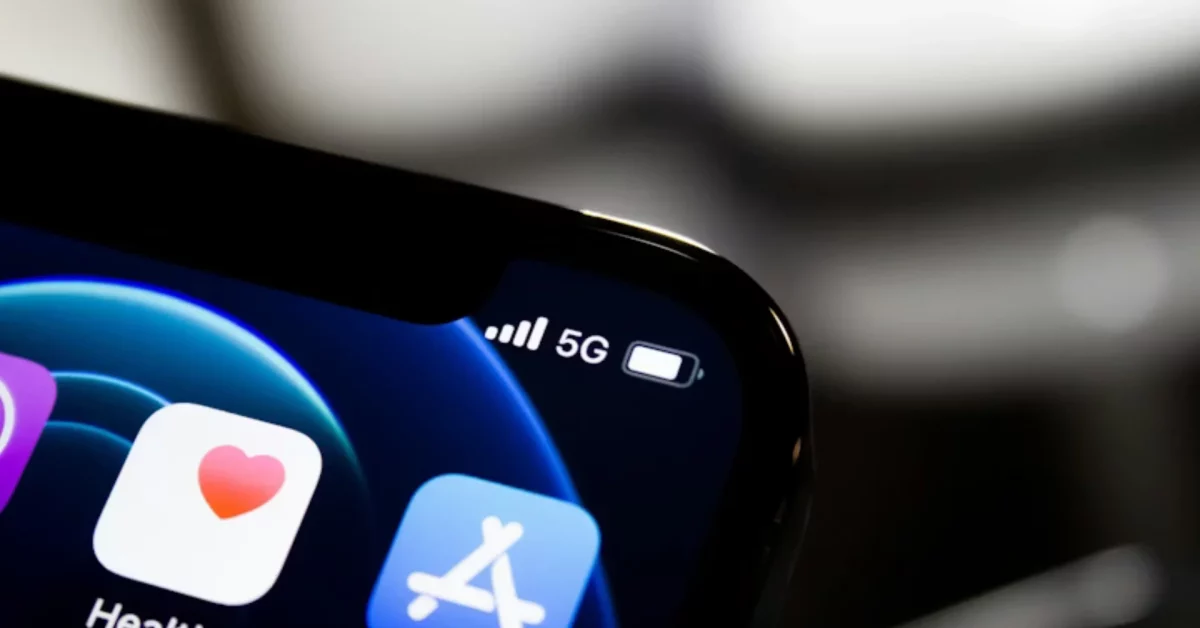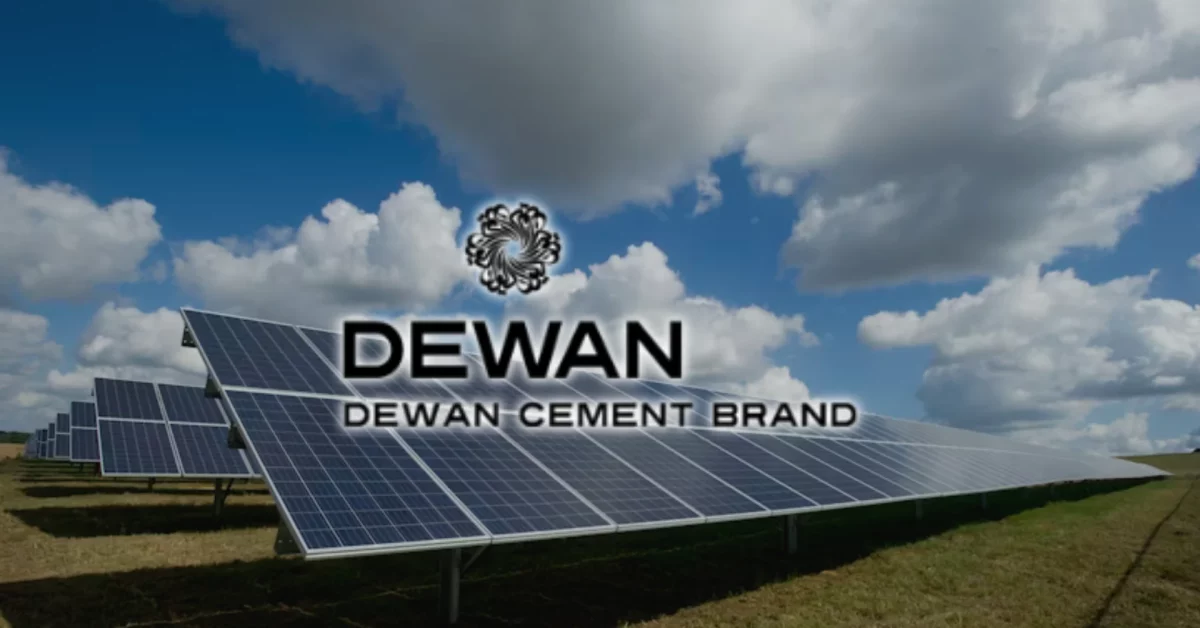
Venturing Through Pakistan With Eva
February 19, 2019
Jazz SDG Hackathon 2018 | Event
February 20, 2019RADEC Technologies | Startup Spotlight
Pakistan’s current education system faces a myriad of issues. From millions of out-of-school-children, to poor learning outcome levels of those already enrolled in schools, the existing state of education is worsening – a major hurdle in achieving any meaningful economic reform. The biggest challenge that the system faces is the poor quality of education. More than 40% of children studying in grade 5 cannot write a single sentence in English or Urdu and cannot solve a 2-digit division problem, which sadly is the learning outcome for a grade 2 student. This can be attributed to poor content coupled with the lack of teaching resources. If Pakistan has to meet the global commitment under the Sustainable Development Goals (SDG-4) of providing access to quality education to all citizens, then unconventional solutions must be approached – and fast.
The answer lies in d-education or d-learning. D-education or digital education is using Information and Communication Technology (ICT) as a tool to promote education and skill development across the whole spectrum of K-12, college, vocational and university education. Blended d-learning has already been adopted in most advanced countries where technology is strongly influencing the teaching methodology. Classrooms are shifting from rote based learning to ICT enabled spaces focusing on teaching critical thinking, problem solving, collaboration, cooperation and creativity. Teachers are moderating classrooms to teach and train a work force for the future where jobs and business opportunities will be based on effective use of ICT tools and skill development rather than just focusing on an individual’s memory or retention capability in any particular subject.
One Pakistani organization focusing on this blended learning concept is RADEC Technologies. RADEC has developed a cheap d-learning based product EDUPi. With both an online version and an offline version, EDUPi connects with any multi-media display device like a monitor, LCD, LED or projector. The system focuses on providing high quality educational content in the form of videos, games, animations, simulations and clicker based assessment mechanisms. The company has several subscription models to support the user requirements. Currently targeting female entrepreneurs and low cost private schools, around 50+ d-learning spaces have been rolled out and more are coming out soon. One of the most critical outcomes of this intervention in a very short span of time is the improved teaching skills and learning levels of the teachers.
Pakistan needs blended d-learning to prepare its next generation of 120 million+ youth, who will soon be adults but are not equipped with the skills and tools required for economic survival in the 21st century. The time for action is not tomorrow, it is today!
For more information, please visit http://radectechnologies.com/






